10 Tips for a Flawless Wedding Ceremony
The wedding ceremony is the heart of your special day, where two lives come together in love and commitment. Crafting a beautiful and memorable ceremony takes thoughtful planning and a few essential tips. Whether you’re planning a traditional or unique wedding, these ten tips will help ensure a ceremony that is as meaningful as it is memorable.
1. Choose the Right Officiant
The officiant plays a huge role in setting the tone of the ceremony. If you want a religious, secular, or personalized touch, select an officiant who aligns with your beliefs and personality. Schedule a meeting to discuss your vision and ensure they’re comfortable with any unique elements or special readings you may want to include. We have seen many weddings here at The Northampton House where the couple wrote a few sentences in their ceremony reading.
Pro Tip: Many couples now choose a family member or friend to officiate. This can add a personal touch and be more meaningful down the road especially if they have seen your relationship grow over time. But ensure they’re ordained in advance if required by local laws.
2. Customize Your Vows
Personal vows can make the wedding ceremony feel deeply intimate and unique. Writing your vows can be daunting, but start by reflecting on what you love about each other and what promises are most important to you. Personalizing even a traditional script with meaningful phrases can bring an emotional, one-of-a-kind element to your ceremony. Reminisce on your first date, first kiss, the place you said ‘I love You’ or when you knew they were the one. Include short stories to help demonstrate your partner for those in the crowd who may not know them as well.
Pro Tip: Practice reading your vows aloud beforehand. This helps with pacing and emotional preparation, ensuring you’re comfortable delivering them on the big day. It also helps you realize what things you can take out or things that don’t flow well.
3. Plan for Unpredictable Weather
If you’re having an outdoor ceremony, weather is a big factor. Have a solid plan for rain, extreme heat, or wind, like a tent or backup indoor location. Discuss logistics with your venue, including available options for heaters, fans, or coverings. Here at The Northampton House, we have a beautiful outdoor area for ceremonies and some umbrellas for the hot days. But we also have a beautiful indoor space for ceremonies if you want to avoid all possible weather problems. Being prepared and talking to your venue ahead of time will save a lot of stress on the big day.
Pro Tip: Consider having stylish umbrellas or parasols for guests if it looks like rain or strong sun on your big day. We have seen many outdoor weddings where there are elegant fans and parasols for guests to use. This helps guests feel welcomed to your wedding by letting them know you appreciate their support.
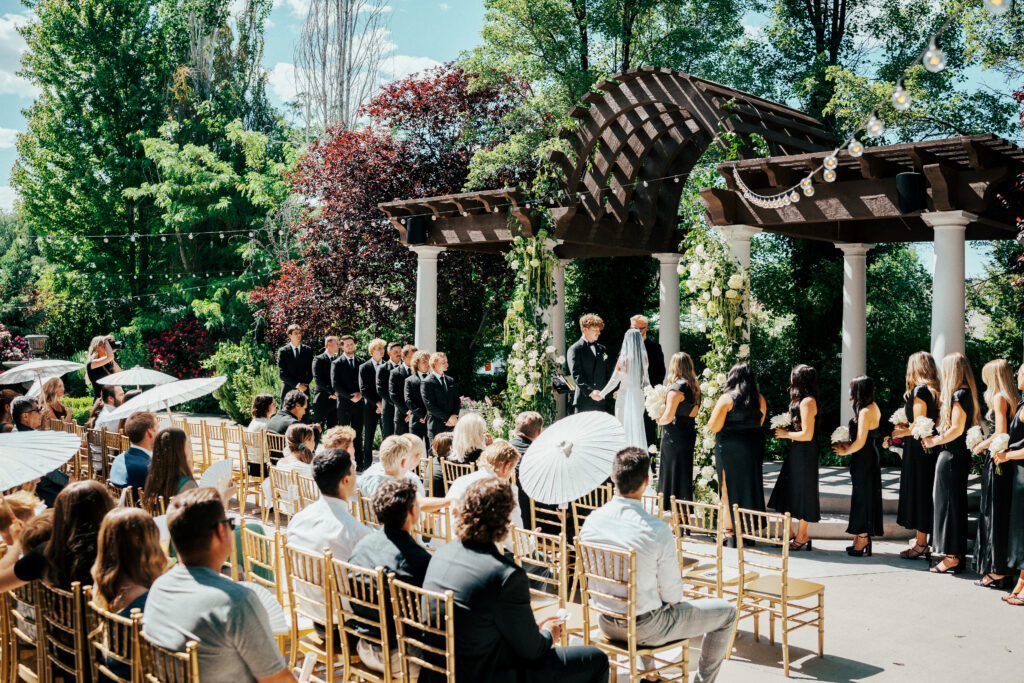
4. Choose the Right Music
Music sets the atmosphere and enhances emotions. Carefully select your prelude, processional, and recessional songs, ensuring they match the tone and mood of your wedding ceremony. Think about choosing songs that are meaningful to you as a couple, and communicate your choices clearly with your musicians or DJ. Remember to choose songs for the wedding party to walk down to and the bride. And of course, don’t forget about the exit song.
Pro Tip: Remember to include backup songs in case your first choices aren’t available or don’t work with your ceremony’s sound system.
5. Decide on the Seating Arrangement
Seating may seem simple, but thoughtful arrangements can improve the guest experience. If you’re breaking from the traditional “sides,” consider mixing family and friends to create a more unified atmosphere. For smaller weddings, a semicircle or unique arrangement might create a more intimate feel. Many couples like to have their family members close to the front. Put signs down that says ‘Reserved for Family’ to ensure nobody sits in a place you don’t want them. Consider having a host seat guests at the wedding to ensure that seats get filled correctly and no important spots are being taken those not supposed to be seated there.
Pro Tip: Be mindful of elderly guests, such as grandparents, and place them closer to the front for a better view and to avoid long walks.
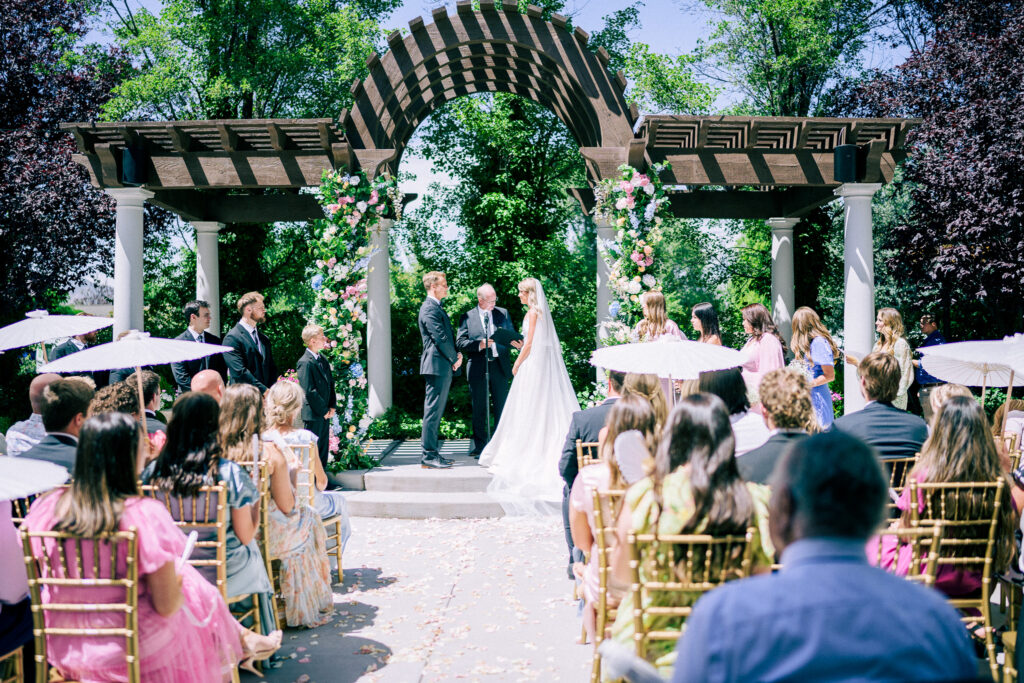
6. Organize a Rehearsal
A rehearsal is key for ensuring everyone knows their role, timing, and cues. This step reduces nerves and ensures that the ceremony flows smoothly. Take the time to rehearse not only the walk down the aisle but also any other special moments or readings planned for the wedding ceremony. We can usually tell which weddings have been rehearsed versus the ones that have not. Some venues don’t always give you the flexibility of doing it the day before. If that is the case, plan to do it right when you get to the venue that morning to ensure there is no confusion among those participating.
Pro Tip: If you’re short on time, focus the rehearsal on entrances and exits—this is where timing matters most.
7. Add Personal Touches
Personalizing your ceremony can make it feel more reflective of your journey together. Consider a meaningful reading, special traditions, or unique decor that showcases your love story. Personal touches can be as simple as a favorite poem or as unique as a sand ceremony. We have seen many more cultural touches recently and we love it.
Pro Tip: You could also consider including a few symbolic elements, such as a unity candle or a tree planting ceremony, for added depth and significance. Whatever it might be, include something that matters to both of you.
8. Inform Your Guests
Ensure your guests are aware of any special instructions, dress code, transportation options, or no phone ceremony. Clear communication helps everyone arrive on time, dress appropriately, and aware of the day’s schedule. Use your wedding website, invitations, or email reminders to keep guests informed.
Pro Tip: If you have a “no phones” policy, let guests know in advance or add a sign at the entrance of the ceremony space. This ensures that guests won’t have their phone out and they can get professional photos later with a phone-free gallery of photos.
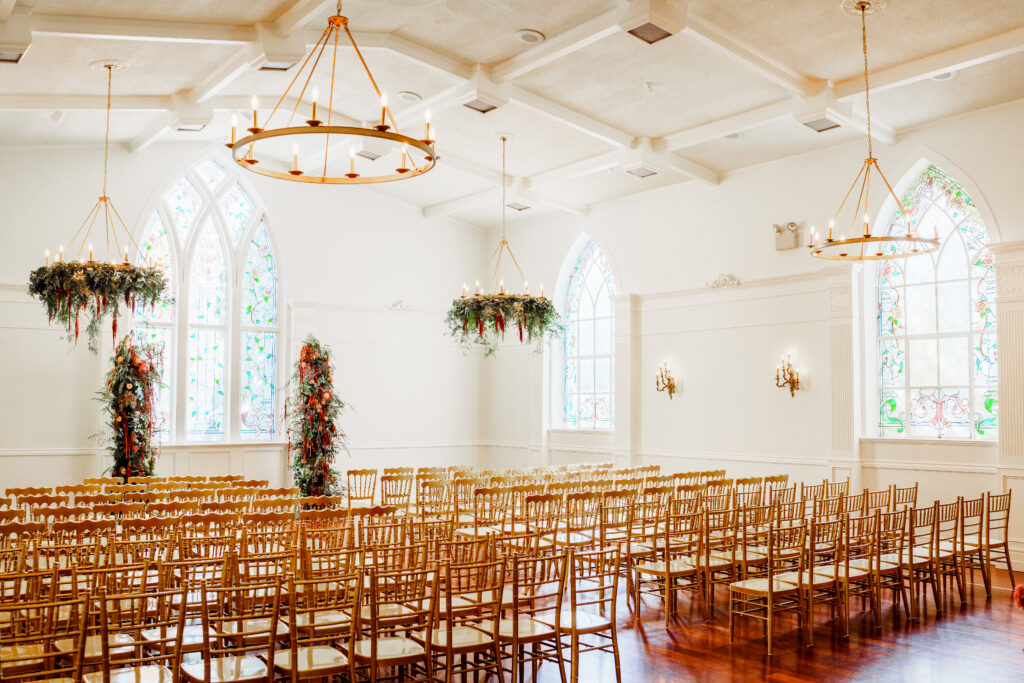
9. Practice Good Timing
A well-timed ceremony allows for an enjoyable flow of events without dragging on. Most ceremonies last between 15-25 minutes, but have seen some as short as 12 minutes. If you’re adding a lot of personal elements, make sure everything flows smoothly. Speak with your officiant about the timing of each section so it doesn’t feel rushed or too drawn out. If it gets started a little bit later, don’t stress it. Things come up and stuff happens. Have the officiant inform your guests that you will be starting in just a few moments.
Pro Tip: Start with a rough timeline and adjust based on your ceremony’s specific elements. Always allow extra time for entrance and exit moments.
10. Capture the Moment
Hiring a professional photographer and videographer is one of the best ways to relive your ceremony moments later. Ask them to capture candid moments as well as the more formal parts of the ceremony. Shots of you walking down the aisle, exchanging vows, and the guests’ reactions are priceless.
Pro Tip: Meet with your photographer and videographer beforehand to discuss key moments and angles you want to capture.
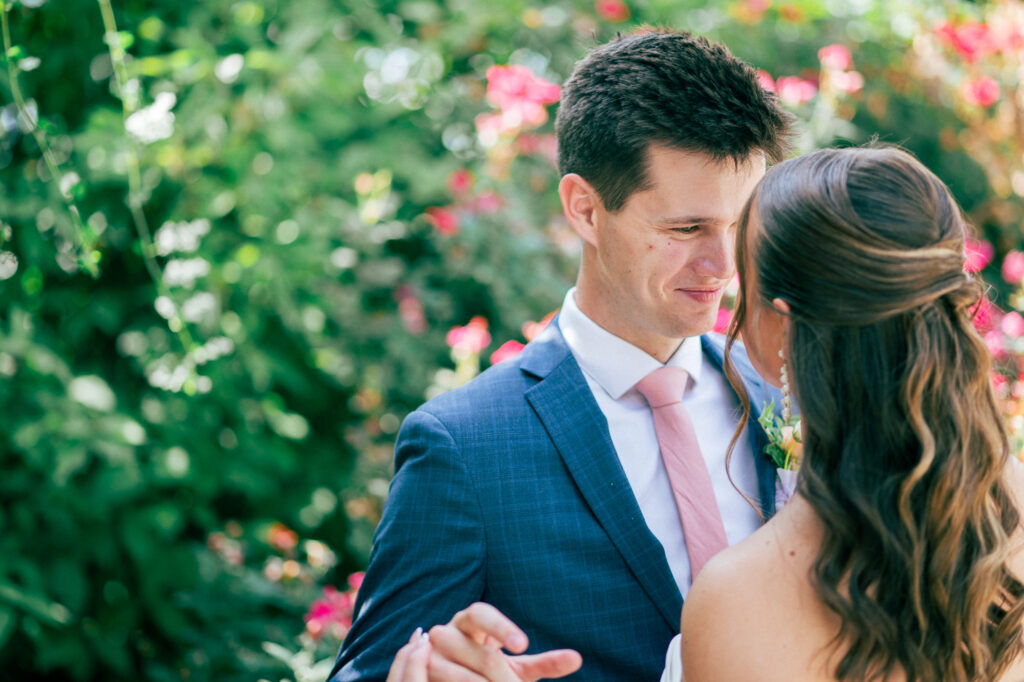
Wrapping Up
Planning a wedding ceremony is a meaningful endeavor, and these tips will help you create an experience that is memorable for you and your guests. The most important part of the day is the celebration of your love—so remember to enjoy each moment, big and small. By choosing the right elements and planning ahead, you can ensure that your wedding ceremony reflects your journey together and marks the start of a beautiful new chapter.
Xoxo,
The Northampton House
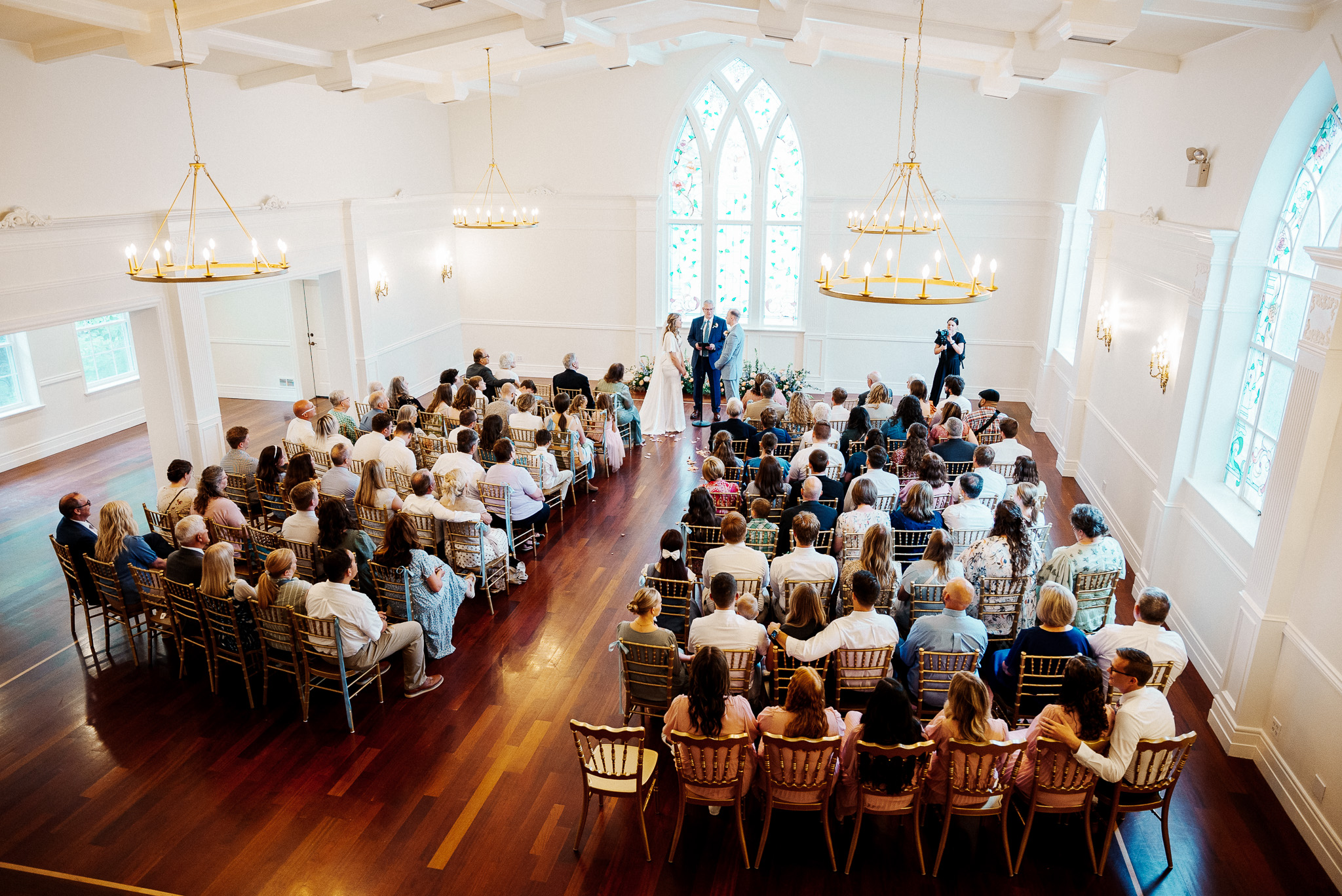
November 21, 2024
Be the first to comment